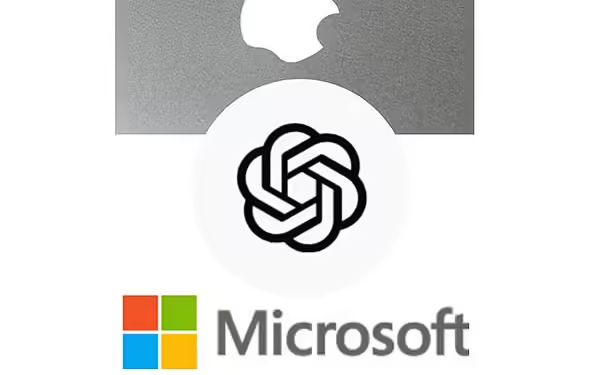Key Takeaways
- Microsoft and Apple have stepped down from observer roles on OpenAI’s board.
- Regulatory scrutiny drives OpenAI to engage partners through regular meetings instead.
- Microsoft remains a key strategic partner despite relinquishing board observer status.
What Happened?
Microsoft has relinquished its observer seat on OpenAI’s board, effective immediately, while Apple will not take up a similar position. This decision comes as global regulators intensify their scrutiny of Big Tech’s investments in AI start-ups. Microsoft has invested $13 billion in OpenAI, the creator of ChatGPT.
OpenAI will now hold regular meetings with key partners like Microsoft and Apple, alongside investors Thrive Capital and Khosla Ventures. This shift aligns with a new strategy led by Sarah Friar, OpenAI’s recently appointed CFO.
Why It Matters?
The move signifies a strategic pivot for OpenAI as it navigates increasing regulatory pressures. By stepping down, Microsoft aims to maintain OpenAI’s board independence, a crucial factor after last year’s boardroom turmoil that almost derailed the company.
OpenAI’s partnerships with tech giants are under antitrust scrutiny in both the EU and US, making this a critical juncture. Microsoft and OpenAI have downplayed their ties to mitigate these concerns. Yet, Microsoft remains vital to OpenAI’s success, providing essential computing power and cloud storage.
What’s Next?
Expect OpenAI to continue strengthening its strategic partnerships without compromising its board’s independence. Watch for increased regulatory actions from the European Commission and the US Federal Trade Commission, which are scrutinizing Big Tech’s involvement in generative AI.
Investors should monitor how these regulatory pressures affect OpenAI’s valuation and the broader AI sector. Despite stepping down from the board, Microsoft will likely continue to leverage its partnership with OpenAI to drive sales and maintain its lead in the generative AI race.
















